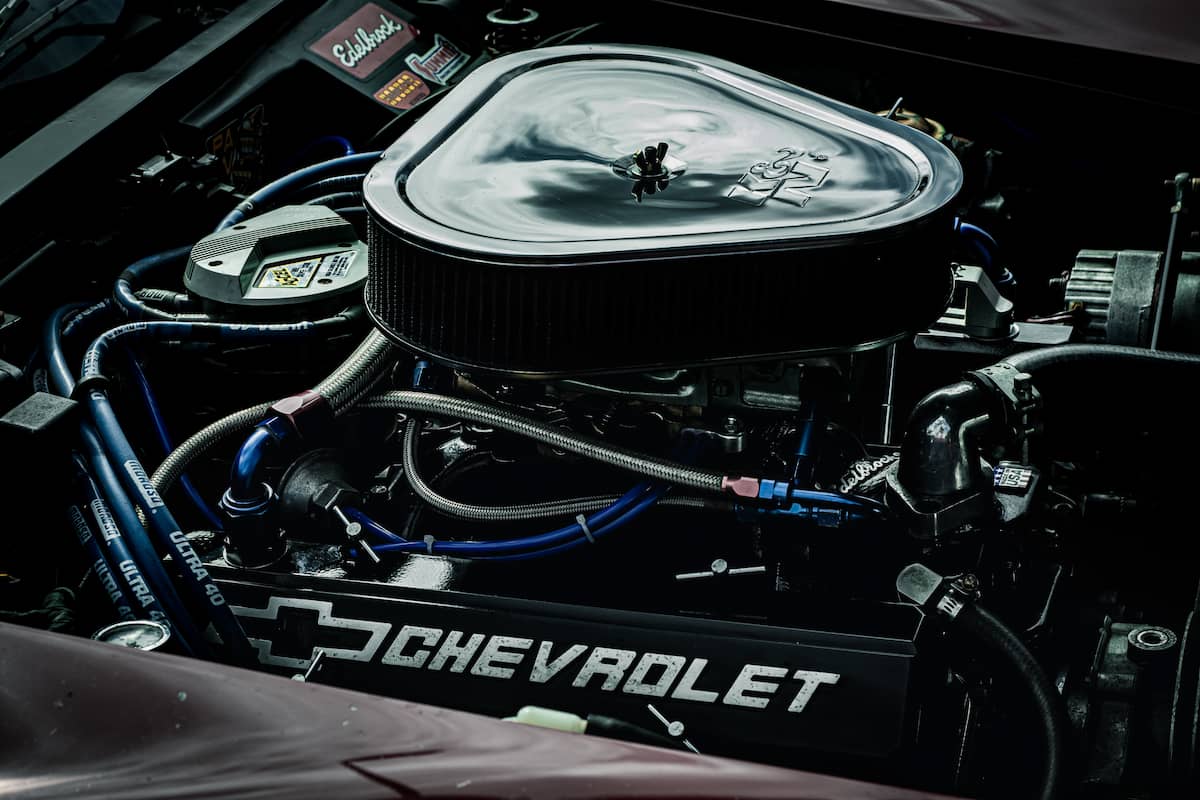When it comes to vehicles, efficiency and safety are two fundamental aspects that should never be overlooked. Automotive systems, such as the cooling, exhaust, and fuel systems, play a crucial role in ensuring that the vehicle functions properly.
However, an often underestimated element concerns the presence of caps in these systems, such as those for the radiator or fuel tank. Caps are designed to ensure that the system remains hermetically sealed, preventing fluid leaks and guaranteeing optimal operation.
The importance of caps in automotive systems
Caps are often overlooked when considering the vehicle’s safety, but they play an important role. These small components are capable of protecting, sealing, and regulating flows.
Thanks to their protective function, caps can reduce the risk of leaks and contamination, ensuring the proper functioning of the vehicle. Furthermore, they contribute to the vehicle’s efficiency by preventing the dispersion of essential fluids such as oil and fuel. All these functions are crucial to ensuring the safety of the driver and other road users.
Therefore, the next time you look at your car, remember to appreciate the contribution of caps to your safety and driving efficiency.
DOWNLOAD OUR COMPLETE CATALOG ON CAPS NOW
Types of caps for automotive systems
When it comes to car maintenance, the focus is often on components such as the gearbox or brakes, but it is also important to pay attention to details that may seem less important. In particular, the caps for various systems of the vehicle are essential for proper operation.
In the cooling system, we find the radiator cap and expansion cap. For the lubrication system, there are the engine oil cap and the differential cap. No less important are the caps for the fuel system, such as the fuel tank and air filter, and those for the exhaust system, like the catalytic converter cap and the muffler cap.
Finally, let’s not forget about the caps for the braking system, which include the brake fluid reservoir and the caliper cap. By paying attention to all these details, we can ensure that our car remains in perfect condition, ready to tackle any journey.
Materials and technologies used in the production of caps for automotive systems
The choice of materials and production technologies plays an important role in ensuring the quality and efficiency of caps used in automotive systems. Among the most common materials are plastic, rubber, metal alloys, and composites.
Plastic and rubber offer lightness and flexibility, while metal alloys and composites provide strength and durability. The most commonly used production technologies for manufacturing caps include injection molding, CNC machining, and die casting.
Injection molding is particularly suitable for the production of plastic caps and rubber, while CNC machining and die casting are ideal for processing metal components. Over the years, the automotive cap industry has seen significant innovations in design and material selection, aimed at improving the performance of the caps themselves.
These innovations concern both the optimization of shapes and the dimensions of the caps, as well as the use of new materials and surface treatments to increase resistance to wear, corrosion, and high temperatures while ensuring greater durability and reliability of components.
Caps are an essential element in the automotive sector, so particular attention should be paid to these components.
DO YOU NEED INFORMATION?

